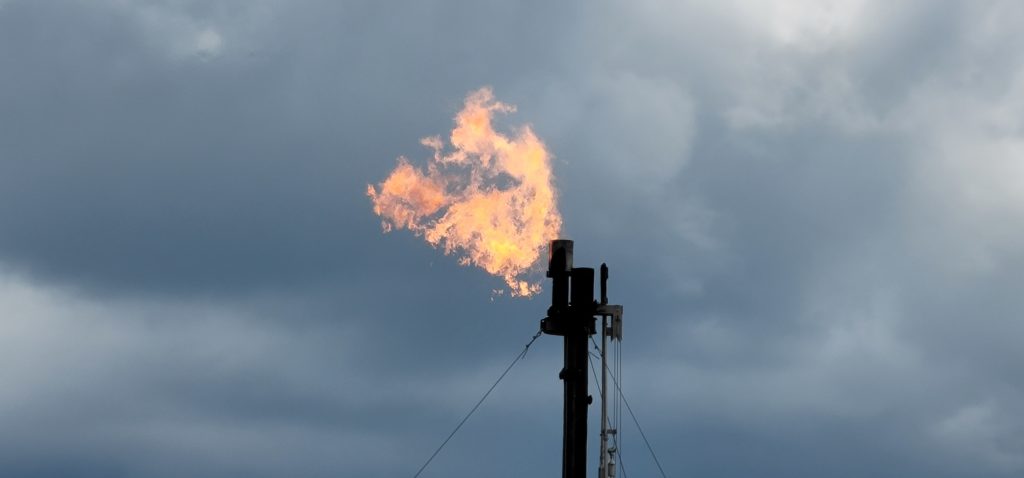Six outstanding science teachers received the distinguished Exemplary Science Teacher Award from the Space Coast Science Education Alliance (SCSEA) last  week at a dinner honoring their achievement. The award is given in recognition of Brevard County teachers who go above and beyond to foster a love of learning and develop science literacy among their students.
week at a dinner honoring their achievement. The award is given in recognition of Brevard County teachers who go above and beyond to foster a love of learning and develop science literacy among their students.
“When SCSEA started this program 25 years ago, it was to encourage exemplary science teachers to keep up their great work, and for the community to say thank you for the sacrifices that teachers and their families make. That goal remains the same,” said Susan Schleith, SCSEA treasurer and FSEC educator. “Our outstanding science teachers are the key reason Brevard is among the top Florida school districts in science education.”
The dinner was hosted by UCF’s Florida Solar Energy Center®, where FSEC Deputy Director, Philip Fairey, addressed the teachers with some notable remarks. “The scientific method is rigorous—requiring defensible evidence-based results. Science is not a belief as some claim. Rather, it is a method of discovery that has significantly improved human existence over time. And this is what you do—you teach our children what science is and why it is so important.”



